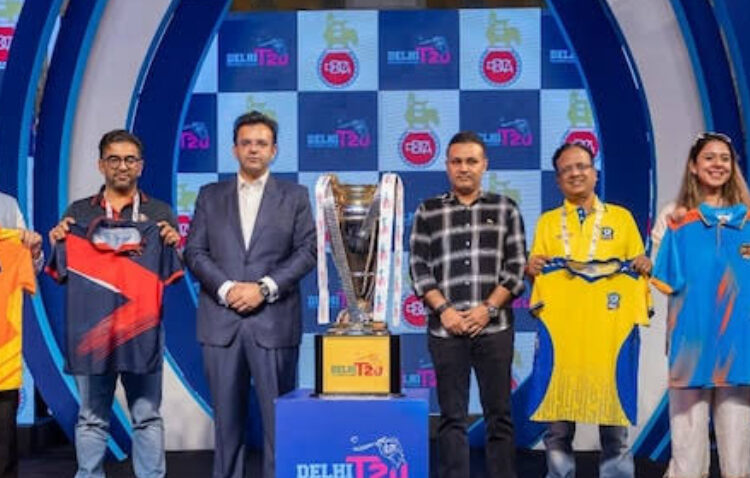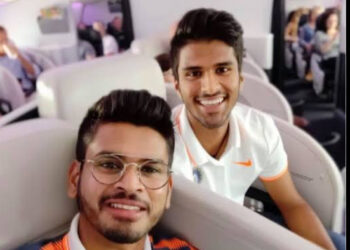The Delhi & District Cricket Association (DDCA) has indeed undergone significant challenges, especially after the passing away of former Union Minister Arun Jaitley, who played a pivotal role in Delhi cricket’s administration for many years. His leadership provided stability, and after his demise, the DDCA struggled with internal issues, governance challenges, and controversies that put a cloud over its operations.
However, the successful conduct of the inaugural Delhi Premier League (DPL) under its president Rohan Jaitley seems to have marked a turning point for the association. The DPL not only brought renewed focus to Delhi’s rich cricketing culture but also showcased a more organized and professional approach, signaling that the DDCA is trying to move past its troubled years.
The success of the DPL may have also exposed some of the long-standing issues and internal politics that had been simmering below the surface. The situation you describe is a familiar one in sports administration, where success often draws a wave of new attention, but longstanding issues and past grievances can linger.
The DPL may have been a major step forward, but it has also highlighted some of the unresolved internal challenges that has unnecessarily come on cricket’s growth. The Technical Expert Committee under Madan Lal made strong observations about the state of Delhi cricket in February 2023 but hasn’t been active or functional since then.
This is a concern because such committees are formed to provide ongoing evaluation and guidance, yet the lack of a follow-up report for the 2022-23 season suggests a disconnect between the recommendations and real-time implementation of reforms.
Now that things are in order, then what’s the point of bringing in things of the past which is completely irrelevant? While the association is rightly focused on moving forward and ensuring that past challenges do not overshadow current progress, it’s clear that there are individuals or groups keen to re-enter the fold, possibly seeking personal influence or positions within the DDCA
The fact that some members are still holding on to the issues that happened two years ago is actually a waste of time. Success indeed has many “parents,” and while the DPL was a positive outcome, it has also attracted the attention of those who may be waiting to leverage this momentum for their own interests.
This can complicate matters, as there might be individuals or groups looking to capitalise on the success or raise concerns that were sidelined during the association’s more troubled period. It’s easy to focus on the negatives, especially for those who feel their concerns or criticisms weren’t adequately addressed in the past.
For the DDCA, this is a critical moment. The association must find a way to balance the successes of the present, like the DPL, and addressing these elements who are important for the game.
If need be, committees like the Technical Expert Committee should be functional and proactive in their roles to help avoid the perception that the DDCA is ignoring past concerns. This kind of internal politicking can often detract from the core mission of improving the cricketing ecosystem and ensuring that positive reforms continue. It’s encouraging that the current leadership is emphasising hygiene—both in terms of governance and transparency—within the association.
However, the presence of those who view the situation as an opportunity to gain positions in various committees is something that can destabilize the ongoing work if not managed carefully. These “opportunistic” elements may not necessarily oppose the current regime outright but could seek to undermine progress subtly if their personal ambitions are not met.
















